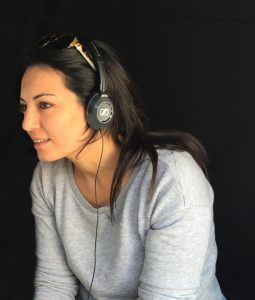What looks like, in the eyes of some, a truthful and imaginative style can appear, in the eyes of others, outdated and untruthful. As we consider acting styles, across periods and between genres, and norms for casting actors and representing specific groups, it is tempting to write off variation and changes as a reflection of taste and chance. Or, alternatively, we can try to develop a conceptual framework that considers three general principles underneath the changes and variations:
- In appraising acting style, the spectator looks for the service of a narrative purpose
- In appraising acting style, the spectator exercises habits of the eye and ear
- In appraising acting style, the spectator is guided by beliefs about intentions and implications of the representation
In my talk, I will discuss some of the large-scale changes that happened in acting around the turn of the 20th century, in addition to a playful scene with James Gandolfini, from The Sopranos, and recent calls for diversity in casting. What they share, I will argue, is that they, on a closer viewing, reflect the principles, above, in a way that calls for a psychologically grounded framework. In particular, we can learn from psychologists’ findings on intuitive and deliberate judgments, and a separation of distinct and indistinct expressiveness that let us examine narrative purposes.
>> Deutsche Version
